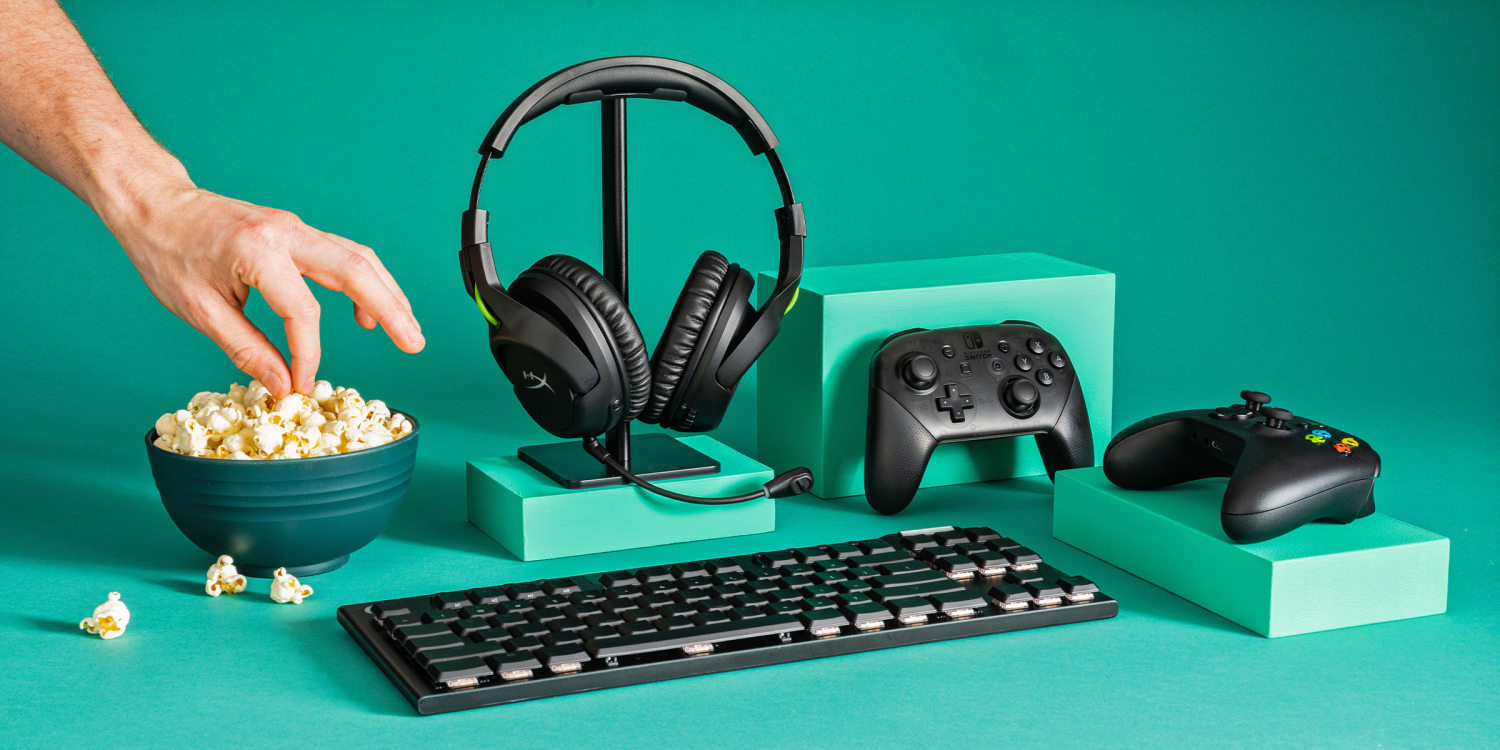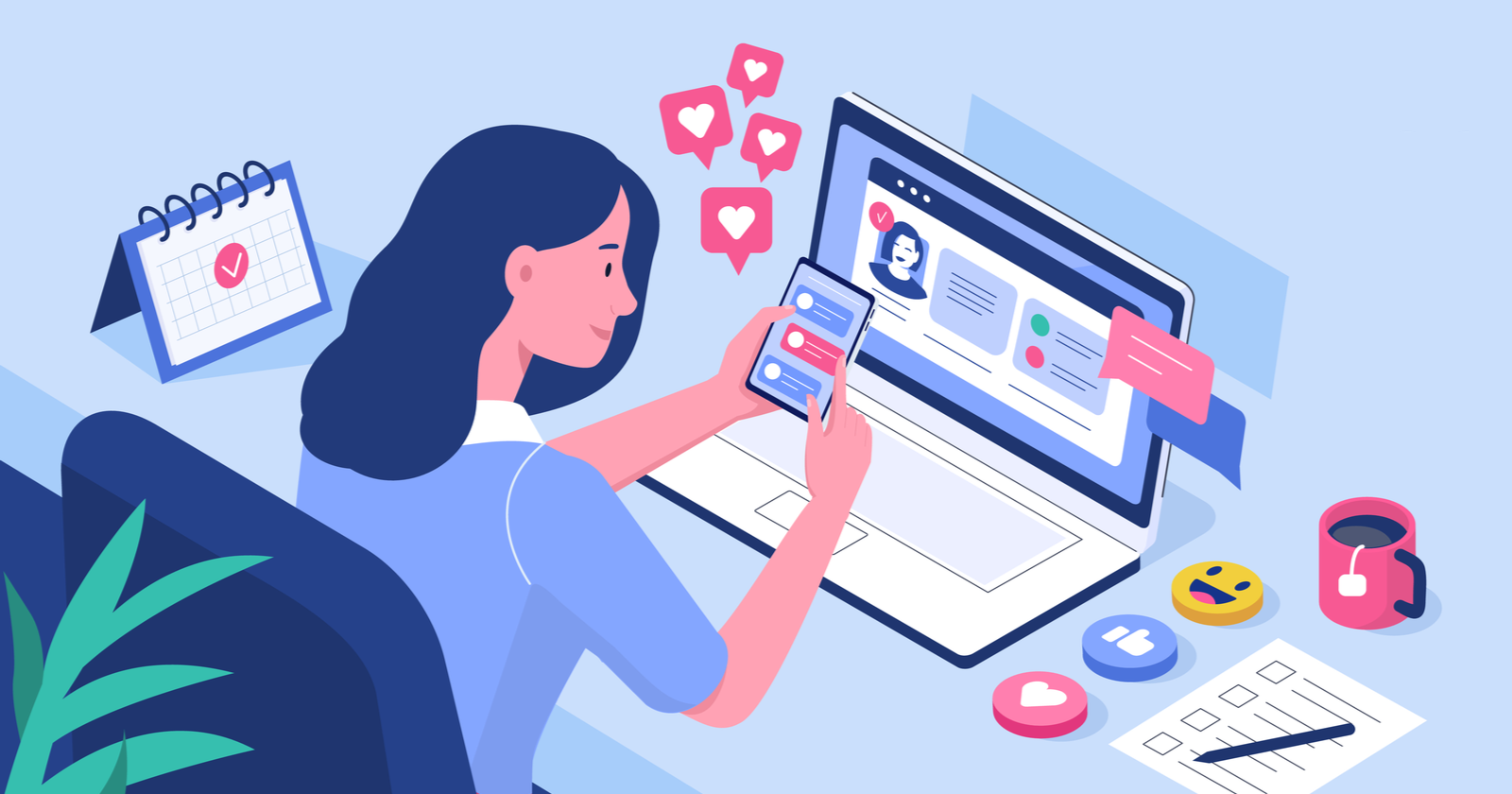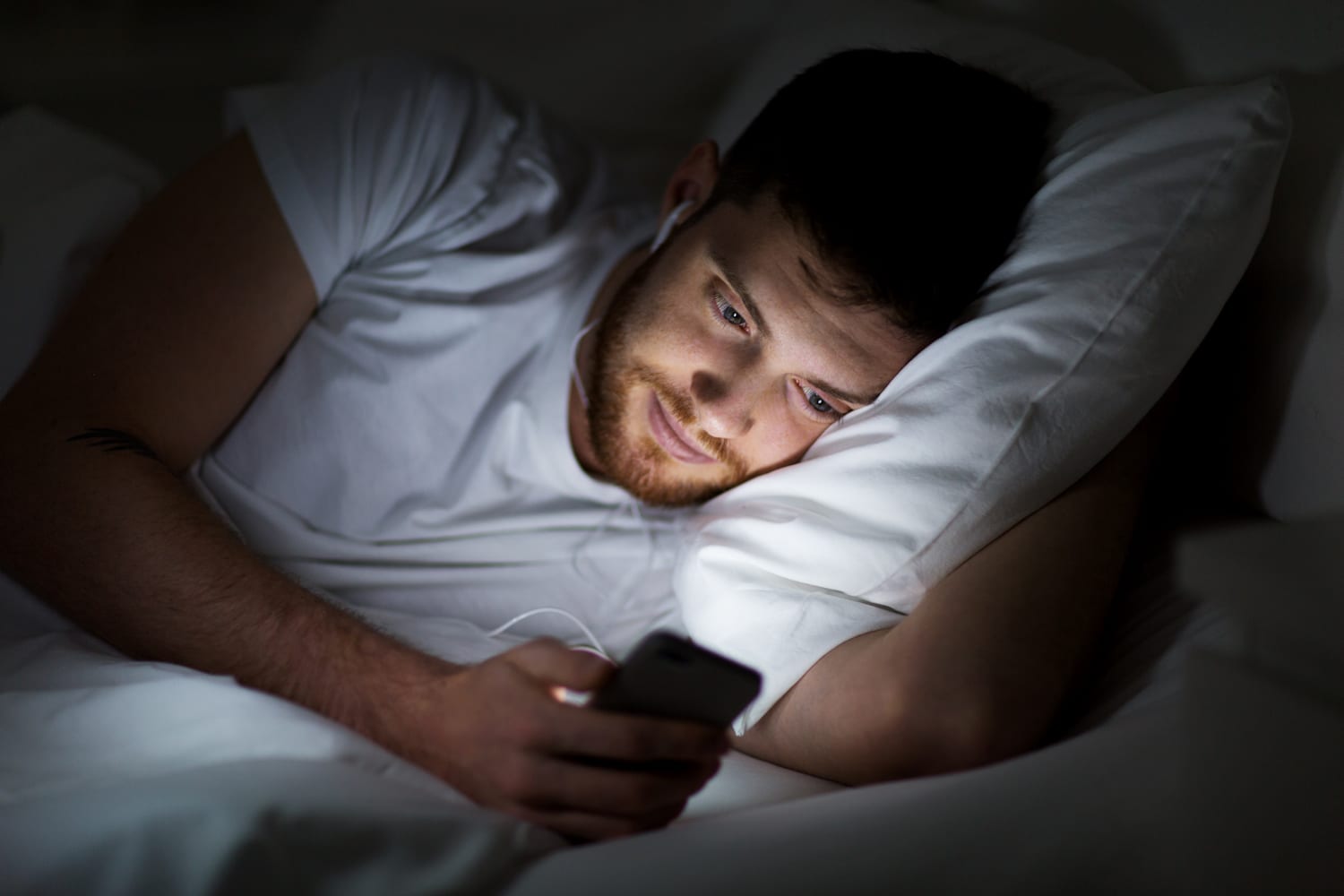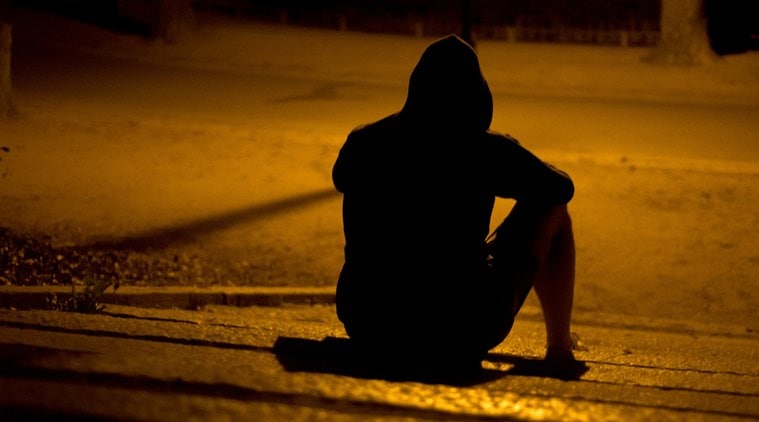The Impact of Social Media on Our Mental Health
Social media has become a ubiquitous part of our daily lives. We use it to connect with friends and family, stay informed about current events, and even promote our businesses. However, as social media usage has increased, so too has a concern about its impact on our mental health. In this blog post, we’ll explore the ways in which social media can affect our mental health and provide some tips for staying healthy and balanced in the digital age.
- Comparison and self-esteem
One of the most significant impacts of social media on our mental health is the way it can affect our self-esteem. With social media platforms like Instagram and Facebook, we’re constantly exposed to images of other people’s seemingly perfect lives. This can lead to feelings of inadequacy and low self-worth as we compare ourselves to others.To combat this, it’s essential to remember that social media is often a highlight reel, and people tend to only show the best parts of their lives online. Try to focus on your own achievements and remember that everyone has their struggles, even if they don’t always show them online.
- Cyberbullying and harassment
Another significant impact of social media on our mental health is the prevalence of cyberbullying and harassment. Social media provides a platform for people to hide behind anonymous profiles and say hurtful things without fear of consequence.
If you’re the victim of cyberbullying or harassment, it’s essential to seek support from friends, family, or a mental health professional. Remember that it’s not your fault and that you deserve to be treated with respect and kindness.
- Addiction and sleep disturbance
Social media can be highly addictive, and many of us find ourselves mindlessly scrolling through our feeds for hours on end. This can lead to sleep disturbance as the blue light from screens can interfere with our circadian rhythms.To combat social media addiction and sleep disturbance, it’s a good idea to set limits on your social media use. Try to avoid using social media for at least an hour before bed and consider taking a break from social media altogether for a few days to reset your relationship with it.
- Reduced social skills and loneliness
While social media can connect us with people from all over the world, it can also lead to a reduction in our social skills and feelings of loneliness. Spending too much time online can reduce face-to-face interaction, leading to a lack of social skills and difficulties in communicating with others.To combat this, it’s important to maintain regular face-to-face social interactions with friends and family. Consider joining a local club or group where you can meet new people with similar interests.
Conclusion
Social media has become an integral part of our daily lives, but it’s essential to be aware of its potential impact on our mental health. By being mindful of our social media use and taking steps to combat its negative effects, we can maintain healthy and balanced relationships with technology and with ourselves. Remember that you’re not alone, and seeking support from loved ones or a mental health professional is always an option.









No comments:
Post a Comment